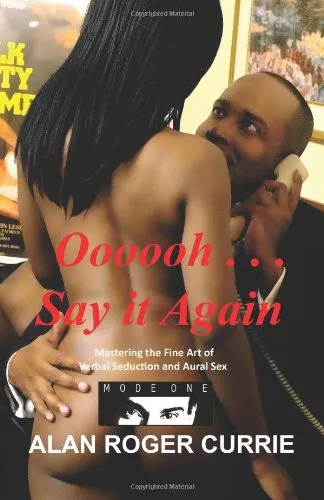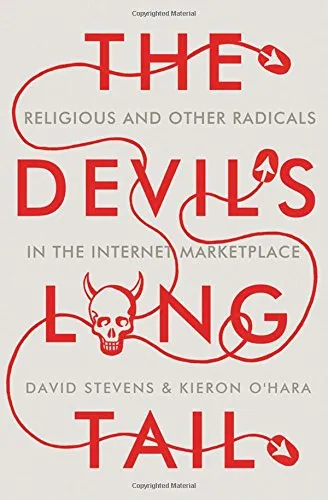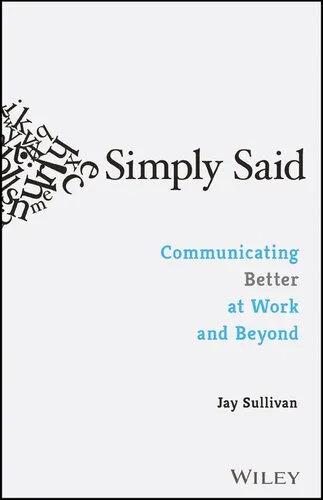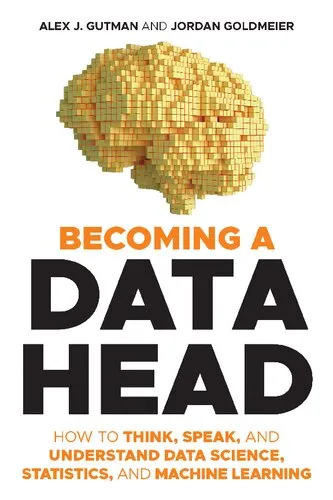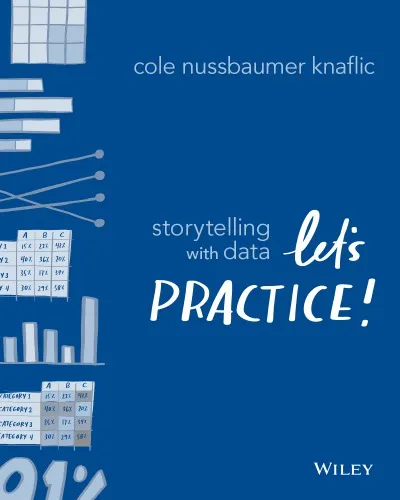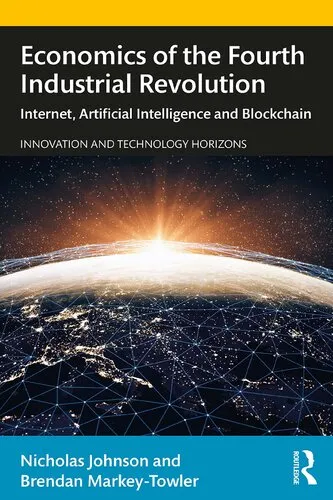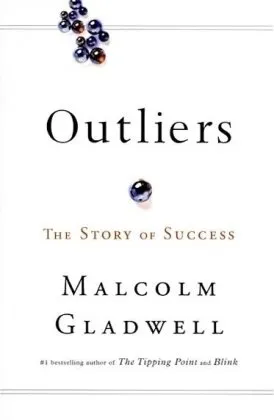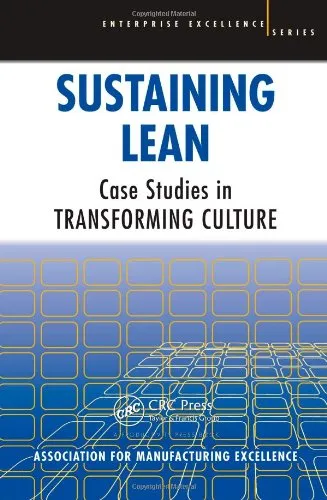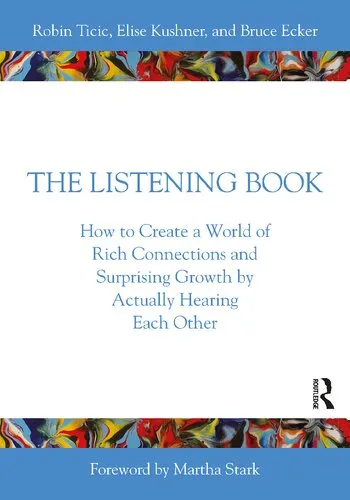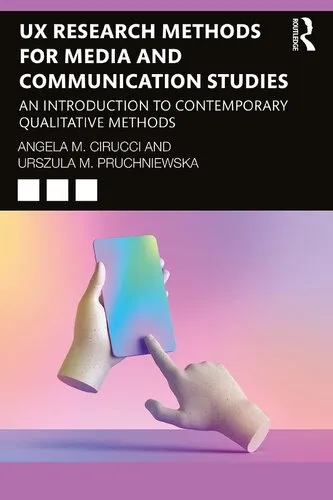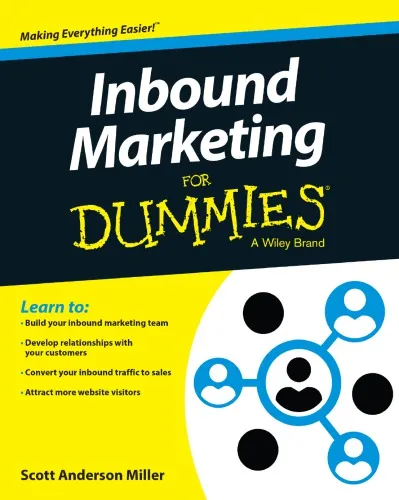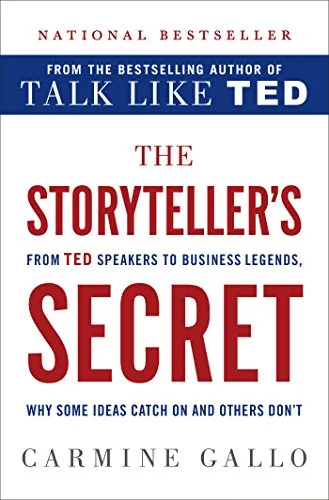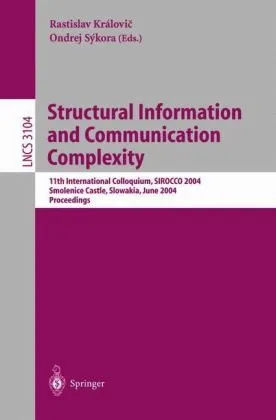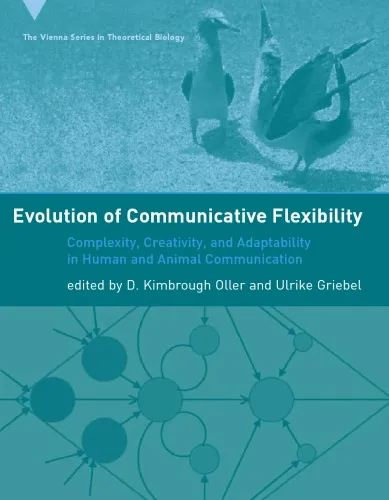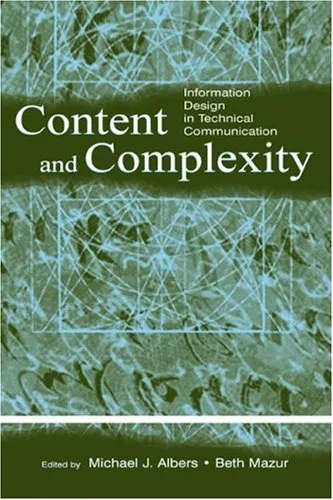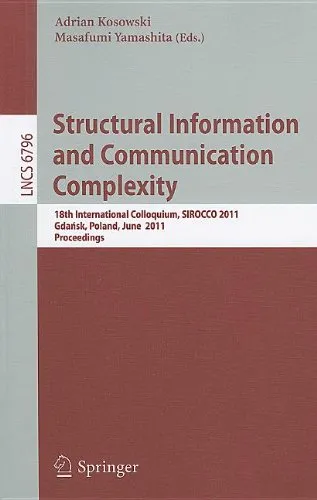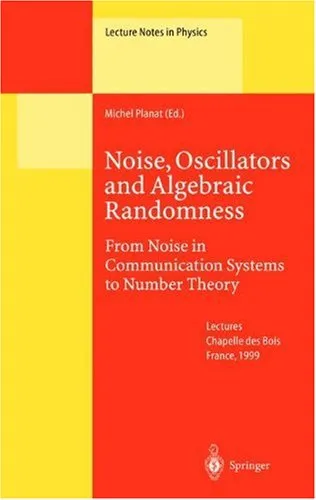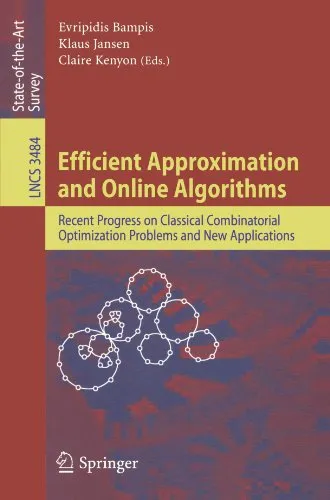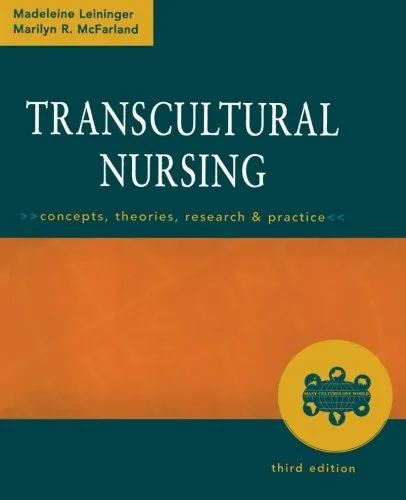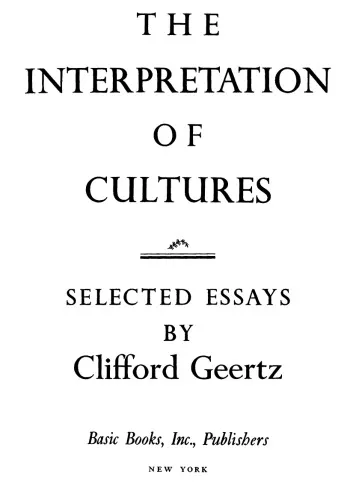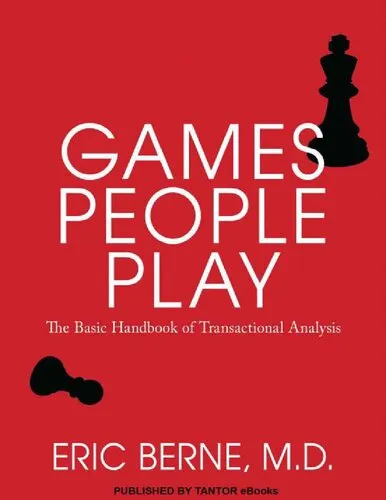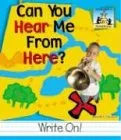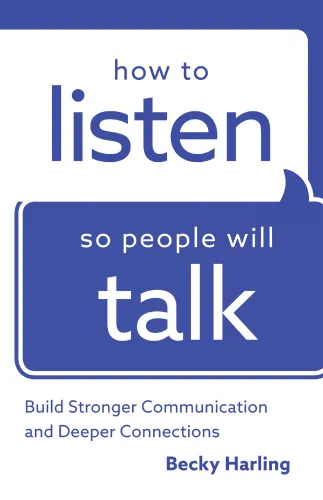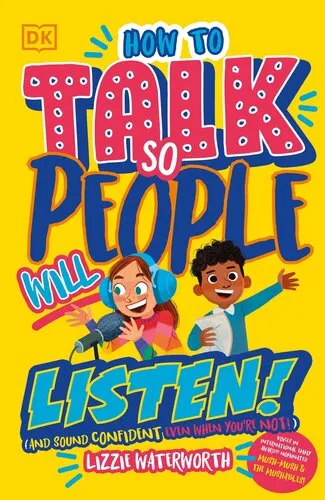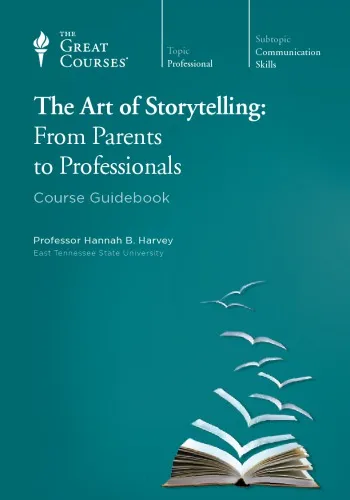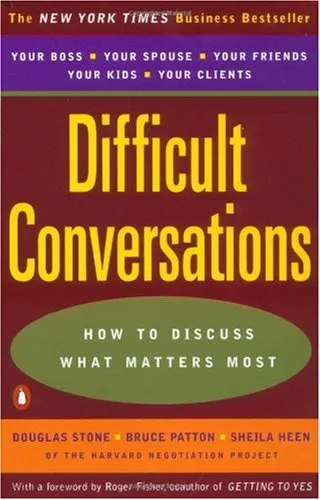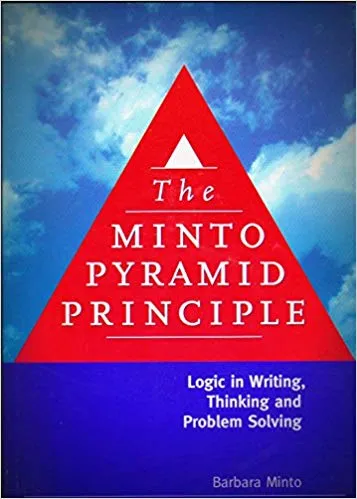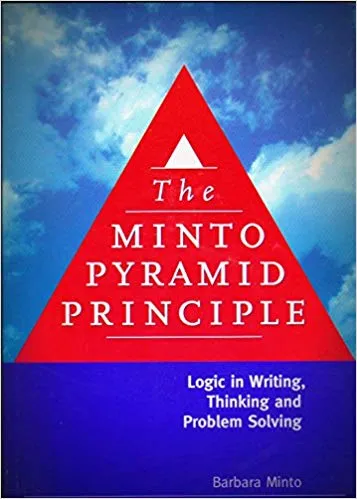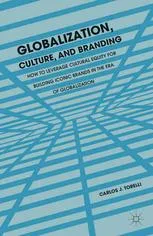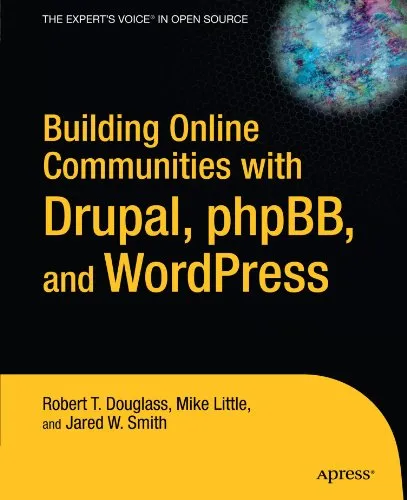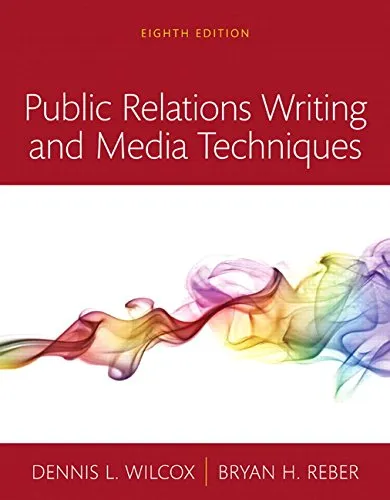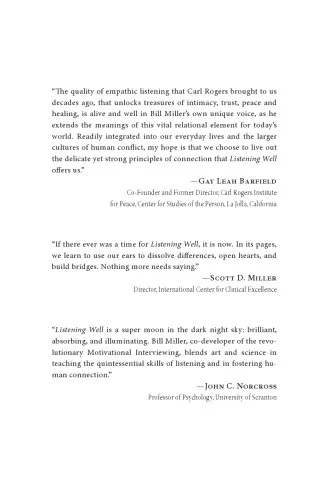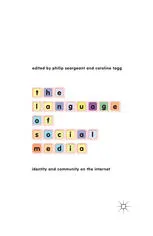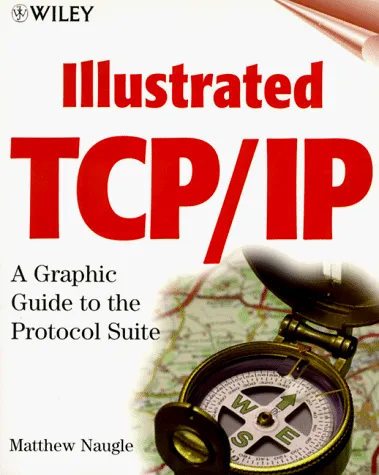The Multilingual Internet: Language, Culture, and Communication Online
4.5
Reviews from our users

You Can Ask your questions from this book's AI after Login
Each download or ask from book AI costs 2 points. To earn more free points, please visit the Points Guide Page and complete some valuable actions.Related Refrences:
Introduction
"The Multilingual Internet: Language, Culture, and Communication Online" explores a fascinating and critical aspect of modern life: how language and culture intersect on the internet. With the web being a melting pot of global cultures, this book sheds light on the challenges, adaptations, and opportunities that arise from the online interaction of diverse linguistic groups. Co-edited by Brenda Danet and Susan C. Herring, this groundbreaking work investigates multilingual communication across various platforms, offering a detailed analysis of linguistic diversity in digital communication.
From email to chatrooms, blogs to social media, the internet has given rise to new ways of interacting, but it has also posed unique challenges for non-English speakers. "The Multilingual Internet" dives deep into the strategies that people and communities employ to navigate these challenges, providing insights into how language evolves in these settings and the cultural implications of such transformations. It blends linguistic theory, communication studies, and technology to paint a comprehensive picture of how the internet is shaping human communication.
Detailed Summary of the Book
The book is a compilation of scholarly articles written by experts in the field, offering diverse perspectives and case studies from around the world. Each chapter focuses on different aspects of multilingualism and digital communication. Topics range from code-switching in online chats to the dominance of English on the internet, and the digital empowerment of minority languages.
Significant themes include the influence of technology on language use, the adaptation of local languages to digital platforms, and the role of culture in shaping online behavior. For example, one chapter might explore the use of Romanized scripts in informal text messaging in South Asia, while another delves into standardization efforts for indigenous languages on web platforms. The authors also address the unequal access to digital resources for some linguistic groups, reinforcing the importance of digital equity.
The book stresses that while English remains the dominant language of the internet, this should not overshadow the cultural richness and linguistic diversity contributed by other languages. Readers will find systematic analyses of user behaviors, sociolinguistic patterns, and how new linguistic norms develop in digital environments.
Key Takeaways
- The internet serves as both a unifying force for global dialogue and a space for reinforcing cultural and linguistic identities.
- English dominance on the web is gradually diminishing as more localized languages carve out their space online.
- Technological platforms often cater to dominant languages, leaving minority languages digitally underrepresented.
- Code-switching, transliteration, and hybrid languages signify how people adapt linguistically in cross-cultural online contexts.
- Language shapes online identity and determines the type of access users have to digital resources and communities.
Famous Quotes from the Book
"The online world is not a level playing field; rather, it mirrors and often amplifies the sociolinguistic inequalities of the offline world."
"Far from obliterating linguistic diversity, the internet has become a space where this diversity is redefined and celebrated."
"Technology is not just a tool for communication; it is a cultural artifact that can both challenge and preserve linguistic identities."
Why This Book Matters
In an increasingly interconnected world, language and culture remain vital components of human interaction. "The Multilingual Internet" is an essential resource for understanding how these dynamics play out in the digital realm. Its relevance extends to linguists, cultural theorists, digital communication specialists, and anyone interested in the cultural impacts of technology.
The book forces readers to look beyond the technological marvels of the internet and focus on its human elements—how real people grapple with translating their diverse cultures and languages into a digital framework. It underscores the importance of inclusivity in technological design and the need to recognize and celebrate linguistic diversity in our globalized world.
Finally, the book challenges preconceptions about the inevitability of English as the sole lingua franca of the web. It presents a nuanced view of how multilingualism enriches online spaces, ensuring a digital future that is not only technologically advanced but also culturally inclusive.
Free Direct Download
You Can Download this book after Login
Accessing books through legal platforms and public libraries not only supports the rights of authors and publishers but also contributes to the sustainability of reading culture. Before downloading, please take a moment to consider these options.
Find this book on other platforms:
WorldCat helps you find books in libraries worldwide.
See ratings, reviews, and discussions on Goodreads.
Find and buy rare or used books on AbeBooks.
1496
بازدید4.5
امتیاز0
نظر98%
رضایتReviews:
4.5
Based on 0 users review
Questions & Answers
Ask questions about this book or help others by answering
No questions yet. Be the first to ask!

